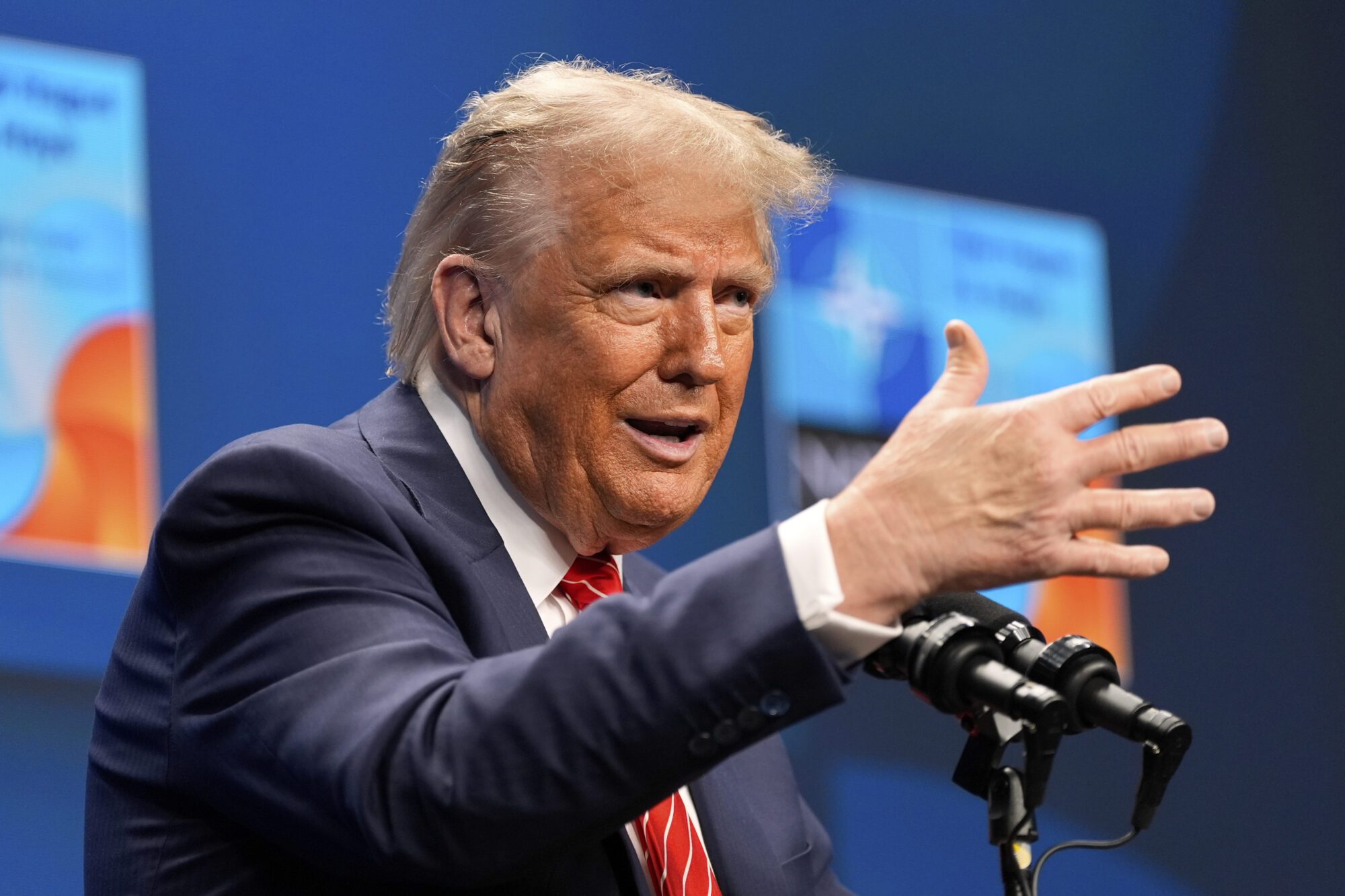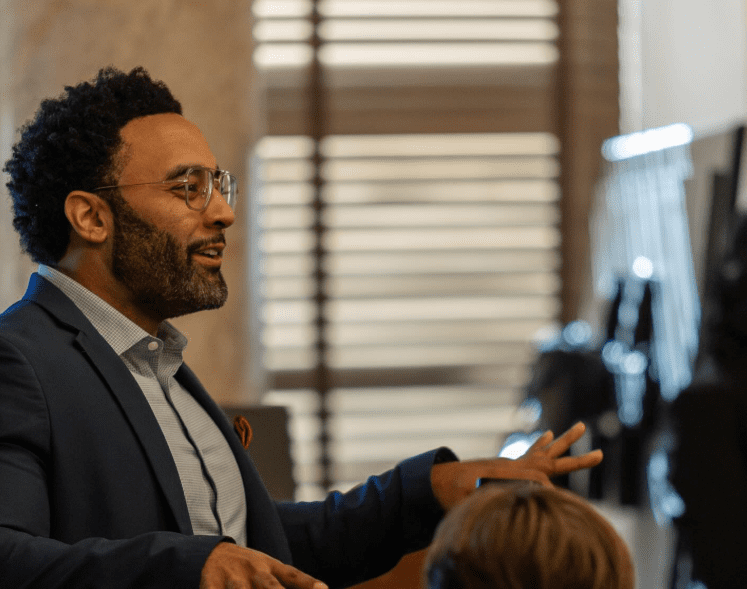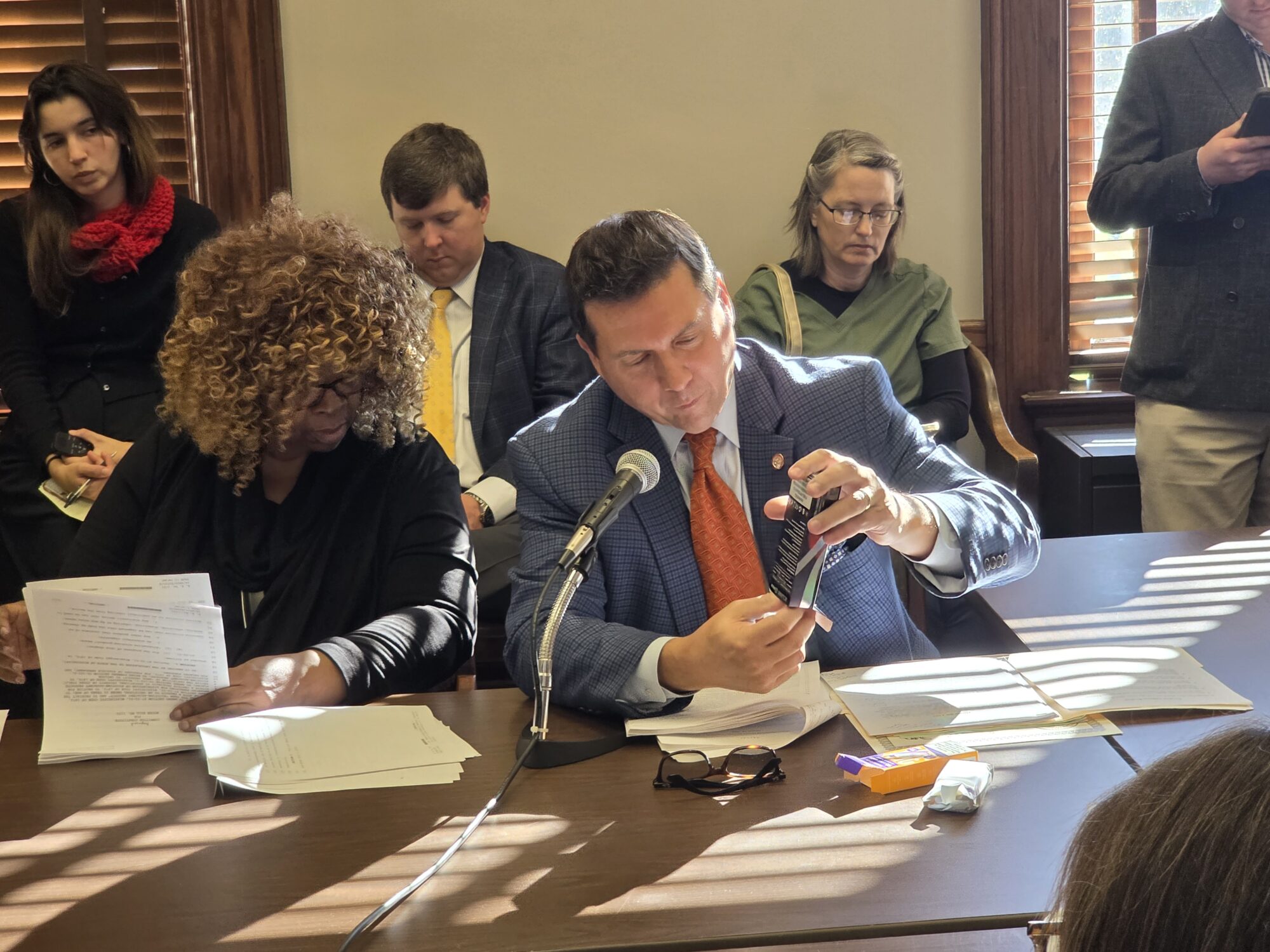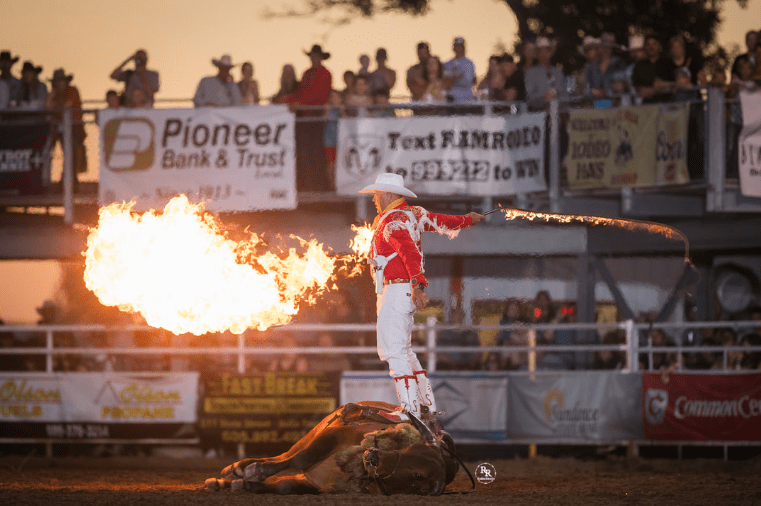Informer’s Play Key Role in NYC Bombing Plot
Everyone called the stranger with all the money “Maqsood.” He would sit in his Mercedes, waiting in the parking lot of the mosque in Newburgh, N.Y., until the Friday prayer was over. Then, according to members of the mosque, the Masjid al-Ikhlas, he approached the young men.
He asked Shakir Rashada, 34, if he wanted to come over for lunch. He offered Shafeeq Abdulwali, 39, a job, perhaps at his construction company. Jamil Muhammed, 38, said he was offered cellphones and computers.
The man, a Pakistani, occasionally approached the assistant imam of the mosque, proposing meetings, or overpaying for a sandwich he would buy at a mosque fund-raiser. In time, many of the mosque’s older members had made the man for a government informant, according to mosque leaders. They said that he seemed to focus most of his attention on younger black members and visitors.
“It’s easy to influence someone with the dollar,” said Mr. Muhammed, a longtime member of the mosque. “Especially these guys coming out of prison.”
The members of the mosque now believe that Maqsood was the government informant at the center of the case involving four men from Newburgh arrested and charged this week with having plotted to explode bombs at Jewish centers in New York City. The government has said that the four men, several of whom visited the mosque in Newburgh and all of whom spent time in prison, were eager to kill Jews, and prosecutors charged that they had actually gone so far as to plant what they believed to be bombs on the streets of New York, an act the F.B.I. captured on videotape.
The government case revolves significantly around the work of an informant who facilitated the men’s desire to mount a terrorist attack.
The government’s court filings present the informant as someone who merely assisted the violent intentions of the four men. Federal authorities have asserted that one of the defendants, James Cromitie, was angry about the war in Afghanistan and was determined to strike at America, and later at Jews. The informant, who told the men he had connections to a Pakistani terror group, then provided the men with what they believed to be sophisticated explosives and a missile.
Asked whether he thought the four men were a serious security risk before they were approached by the informant, Joseph M. Demarest Jr., who heads the F.B.I.’s New York office, said: “It was their plot and their plan that they pushed forward. We merely facilitated. They asked for the explosives. They asked for the Stingers, or rockets, I think, is the way they described it. They did leave the packages of what they believed to be real explosives, the bags, in front of two temples in the Bronx.”
Vincent L. Briccetti, who represents Mr. Cromitie, said he was aware of Mr. Hussain’s role in the Albany case, which was reported on Friday in The New York Post.
“His history is of interest to us,” Mr. Briccetti said.
Court records from the Albany case show that Mr. Hussain came to the United States from Pakistan in 1993 or 1994. He appears to have held a variety of jobs, and come to own a number of businesses and properties. But in 2002, he was charged with a scheme involving taking money to illegally help people in the Albany area get driver’s licenses.
NYT
5/23/9
Does this remind anyone of the Scruggs investigation?







